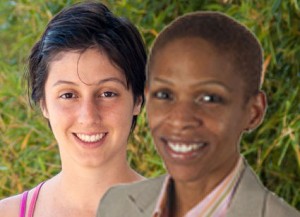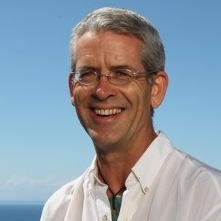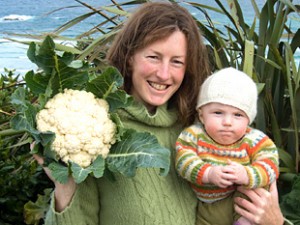Dr Dawna Ballard is from the University of Texas. She studies how our working lives shape our experience of time in multiple ways, both personally and professionally. She tells us the industrialisation of time, with effects including fast-paced work environments, multi-tasking, long-term planning, and time-management issues. Noting the basis of sustainability as ethics extended over time and space, we talk about the construction and representation of time as a vehicle for our lives.
Juliet Norton is based at the University of Central Florida. She describes herself as a “grounded technologist”. Her proposal for support for domestic plant guilds is a novel application of sustainable computing.



